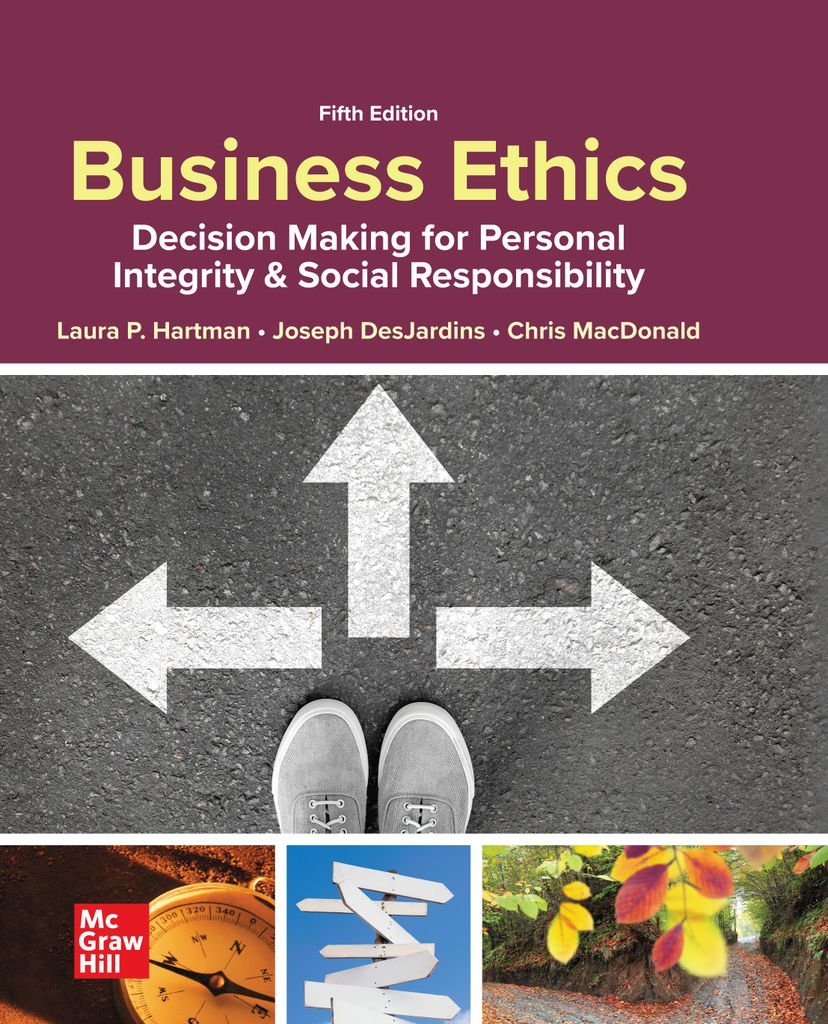Business ethics decision-making is at the forefront of navigating today’s complex corporate landscape. With the rise of financial scandals and ethical missteps, understanding how to make sound judgments is paramount for business leaders. Joseph Badaracco, an expert in ethical decision-making, emphasizes the importance of recognizing the gray areas in business ethics strategies and corporate responsibility. As professionals grapple with dilemmas that often lack clear answers, the need for effective frameworks to guide decision-making is more pressing than ever. By integrating insights from industry examples and personal reflection, organizations can foster a culture that prioritizes ethical considerations in their operations.
When we discuss the moral principles guiding business operations, we often refer to concepts like corporate governance and responsible leadership. In an era where corporate misdeeds are highlighted in the media, the significance of effective ethical choices cannot be overstated. Business leaders are increasingly faced with multifaceted issues that require them to carefully weigh the ethical implications of their choices amidst various stakeholders’ interests. With insights from thought leaders like Joseph Badaracco, understanding how to navigate these challenges fosters a commitment to integrity and accountability. As organizations continue to evolve in the face of technological and societal changes, a strong ethical foundation becomes paramount for sustained success.
Understanding Business Ethics Today
Business ethics have evolved significantly over the years, transcending the realm of simple moral philosophy to encompass a broader and more complex landscape. Joseph Badaracco, an esteemed professor of Business Ethics at Harvard Business School, notes that rather than applying top-down philosophies directly to ethical dilemmas, contemporary approaches focus on contextualizing these problems. By examining the unique circumstances surrounding a decision, business leaders can discern ethical and practical perspectives that are crucial in navigating today’s intricate ethical challenges.
In this modern context, executives are more likely to encounter ethical issues intertwined with complex relationships and an array of stakeholders. With globalization and rapid technological advancements, the decisions they face are no longer isolated and often require balancing corporate responsibilities against stakeholder expectations. This evolving definition of business ethics demands a more sophisticated understanding and proactive strategies to manage potential conflicts effectively, making it essential for leaders to remain aware of the expectations and responsibilities inherent in their roles.
Frequently Asked Questions
What are some effective strategies for ethical decision-making in business?
To enhance ethical decision-making in business, consider integrating Joseph Badaracco’s insights which emphasize a bottom-up approach. This means evaluating the specific circumstances of each situation, identifying key stakeholders, and analyzing the potential ethical implications of your decisions. Additionally, fostering open discussions with team members can help reduce cognitive biases and lead to more responsible outcomes.
How can business ethics strategies help navigate gray areas in decision-making?
Business ethics strategies are essential for successfully navigating gray areas in decision-making. These strategies involve thoroughly examining the potential conflicts of interest, understanding different perspectives, and seeking collective input from diverse groups within the organization. By adopting a collaborative mindset and focusing on ethical principles, companies can arrive at decisions that account for ambiguity while maintaining corporate responsibility.
What role does corporate responsibility play in ethical decision-making for businesses?
Corporate responsibility is a cornerstone of ethical decision-making, as it encourages businesses to consider not just profitability, but also their impact on stakeholders and the environment. By prioritizing corporate responsibility, companies can cultivate ethical practices that align with societal expectations, thereby fostering trust and ensuring sustainable growth.
How can reflection improve ethical decision-making in business?
Reflection is a vital tool for improving ethical decision-making in business. Taking time to contemplate your responsibilities and the implications of your decisions can clarify your thought process and eliminate biases. Engaging in reflective practices, such as discussions with trusted colleagues or personal mindfulness techniques, enhances your capacity to make sound, ethical decisions amidst complex and evolving situations.
What insights does Joseph Badaracco provide for handling ethical dilemmas in business?
Joseph Badaracco emphasizes the importance of examining ethical dilemmas within their specific contexts. He suggests that decision-makers should focus on critical facts, assess multiple perspectives, and understand their responsibilities toward stakeholders. By structuring decision-making around these insights, leaders can better navigate ethical challenges and mitigate risks associated with gray areas.
How do cognitive biases affect ethical decision-making in business?
Cognitive biases can significantly impact ethical decision-making by causing individuals to overlook critical facts or favor self-serving outcomes. In gray areas, biases may lead to justifying unethical decisions. To counteract this, it’s crucial to actively seek feedback from diverse teams, promote transparency, and maintain a reflective approach to evaluate the ethical implications of your decisions effectively.
| Key Points |
|---|
| Business ethics have evolved from applied moral philosophy to a more situational analysis, focusing on the complexities of contemporary issues. |
| Current ethical challenges are influenced by international contexts, technological advances, and the intricate relationships companies navigate with stakeholders. |
| Good and bad ethical judgments exist on a spectrum, often resembling artistic rather than scientific decisions due to their complexities. |
| Decision-makers must confront cognitive biases, particularly in gray-area situations, and seek accountability through collaboration and reflection. |
| Effective decision-making requires introspection about what matters most and can involve various reflective practices to clarify thoughts. |
Summary
Business ethics decision-making is becoming increasingly complex as executives navigate a landscape filled with intricate challenges, technological advancements, and diverse stakeholders. Understanding and addressing these complexities are crucial for fostering ethical decisions within organizations. By developing a structured reflection process and encouraging collaboration, business leaders can improve their decision-making practices and ensure they are aligned with ethical standards.
